U.S. should not withdraw from the most dangerous region of the world. Conversely, America must involve more than ever.
For a good many Americans, killing Chris Stevens, U.S. Ambassador to Libya, not only confirmed the expectations they have of the Arab world. In a country where no further than last year, West played a crucial role in removing a terrible tyrant, a Salafist group attacked the U.S. consulate in Benghazi, killing four people, including the Ambassador Stevens. What triggered the massacre, followed by violent protests in Egypt and Yemen? A ridiculous movie about Prophet Muhammad, quickly condemned the Obama administration. Now, the above mentioned U.S. citizens wonder why the U.S. would try to introduce order in the region, when all they get in return is an accumulation of abuses unjustified accusations for things beyond their control and violence?
Deviations occurring in the Arab world with alarming frequency. Only last week before killing Mr. Stevens, dozens of people were killed in Iraq in a single day and the country’s deputy was sentenced to death in absentia for alleged murder, in Yemen, foreign minister has survived an attempt assassination, the Gaza Strip, Israel killed six militants, and in Syria, the balance terrible civil war that seems to still finish exceeded 25,000 victims fantastic.
Since he joined the election campaign, Mitt Romney has continually linked the so-called passion of Barack Obama for Arab Spring. That most conservative Americans associate with radical Islamists such as the Muslim Brotherhood and similar movements that have reached the leadership of Egypt and Tunisia, and they consider a threat to one of America’s main allies, Israel. In general, Americans take a dim view of their country’s involvement in Syria and are concerned about Iran’s nuclear armament. I am tired to be considered anti-Islam, as long as their country is, in fact, more welcoming Shiite Muslims than, say, Saudi Arabia Sunni. Now that their troops have finally left Iraq, the efforts toward resolving the Israeli-Palestinian conflict does not give any results, and the discovery of shale gas has significantly reduced dependence on Arab oil, maybe it’s time to retire once and for all of the most ungrateful region of the world and let it destroy itself if everything goes in this direction.
A really lovely speech, which will probably be really good at public during the election campaign. But highly toxic both in premises and conclusions. Despite popular opinion, many parts of the Arab world going in the right direction. And where things get worse, you need more than ever to involve America.
Exception, not the rule
To return to the killing of Stevens. Main actors were some armed jihadists, in a scenario that seems rather accidental than symptomatic. A reckless extremist made a video and lots of other Arab countries reckless extremists went crazy. Far from encouraging violence, deplored the murder Libyan government and people mourned as one of the most popular foreign ambassadors.
What draws attention to a much broader phenomenon. Chaotic and primitive Arab Spring was still required. In Tunisia, Egypt and Libya, tyrants were replaced by democratic governments. Some of them are hostile to Israel than the former dictators, but reflects, as in Turkish sympathy for Palestine ‘opinion (democratic process in the end). Muslim Brotherhood are awfully dull when it comes to women, education and other sensitive issues, but they had the inspiration that, once in power, to temper their views, noting that the electorate is more concerned about jobs and food than salt.
It will take time, but at some point these fragile democracies will address governance style moderate Islam closer to Turkey than rigid theocracy of Iran. And then the U.S. should get rid of its role as the dominant power in the region: its place could be taken by Turkey or Egypt, and the Arab states in general will learn to solve problems on their own.
Until then, America’s involvement remains essential. Despite the massacre of the embassy, Libya recorded moderate success due mainly aid granted by U.S. armed anti-Gaddafi campaign debut. In Egypt, the State Department was the one that signaled the removal of Hosni Mubarak. America’s ability to put pressure on the Gulf monarchies to relax political systems. Emerging democracies and the new Arab economic support offered by the world’s largest democracy may prove vital. Unemployment increases suddenly in Egypt, Tunisia and Libya, where new governments are striving to replace crony capitalism principles promoted by the dictators. In this region, there is no need for large amounts of money or substantial aid to produce irreversible changes. But if Arab economies would collapse, millions of young angry revolt left without jobs would have huge consequences on the rest of the world.
From Tehran to Damascus
Nobody claims that Arab aid would coincide with a disinterested charity – in fact, fit perfectly into further concept introduced by Kissinger realpolitik. Middle East is the core of Islam, and how it relates to this region affects U.S. diplomacy around the world. Is parallel power center of the world: Middle East and now dictates the price of fuel sold at U.S. pumps. Here is also one of the most feared enemies of the U.S., led by Iran.
However, American leaders stubbornly ignore two major problems in the region. First, the Israeli-Palestinian conflict in which America should intervene stressing that any new settlement (illegal) West Bank Israel is an obstacle to peace between Arabs and Hebrew. Conflict jar keeps the entire region for years. And the view of Mr. Romney displayed during election speeches, both on the subject, as well as on bombing Iran, is too simplistic.
Another hot topic is Syria. Here, the number of deaths increased by 200 per day, as in the darkest period in the history of Iraq. While Bashar Assad kill without mercy or fear of consequences, Syria will be devoured by the genocide and sectarian hatred will eviscerating what remains of this country and its institutions. Syrian poison will then spread across the Middle East. Right now, Jordan and Lebanon are on the verge of taste.
In so little time to kill Mr. Stevens, the last thing Americans think is a new intervention in a Muslim country. But if now they think that Libya is dangerous and violent, you should imagine how would look if the war had not ended. Humanitarian and strategic costs of a lack of involvement in Syria would be much higher.
In fact, this is the case throughout the Middle Mjlociu. Finally, anti-American violence peak in dictatorial regimes. Now, for the first time, Arab Spring promises to restore the region to its citizens, which would change relations with the West. There is no guarantee that things will evolve positively, but America has nothing to lose if he chooses to be at the heart of this great awakening.

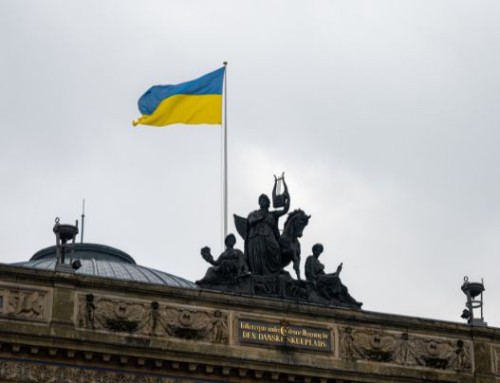
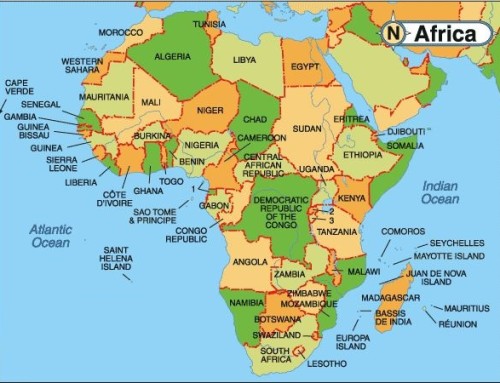
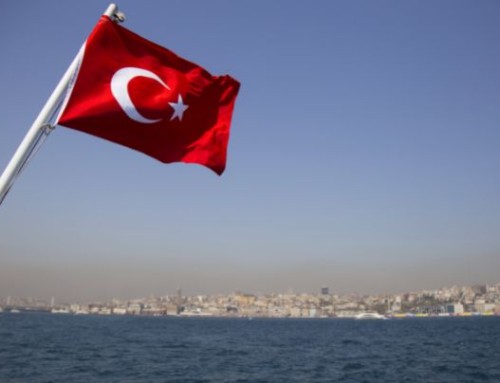
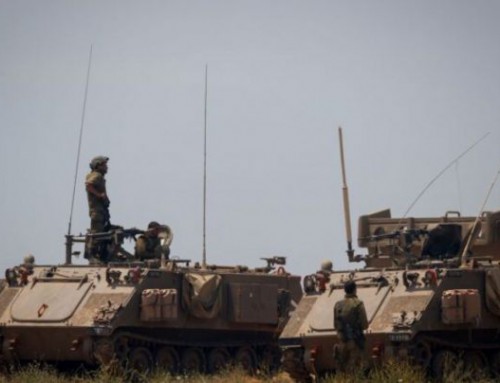
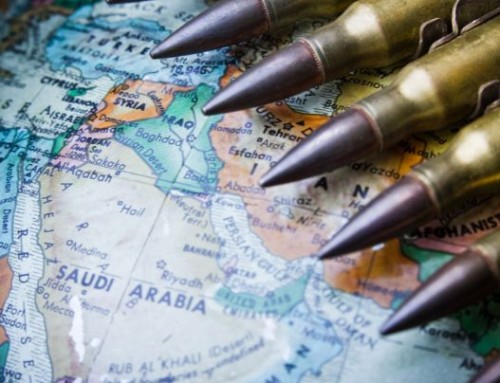
Leave A Comment